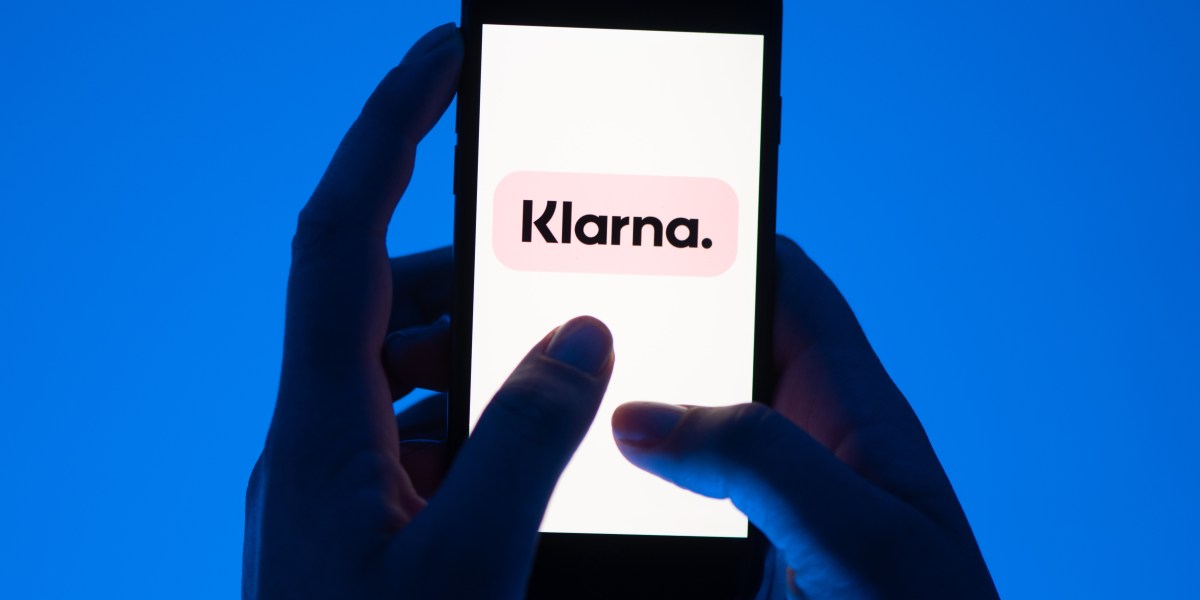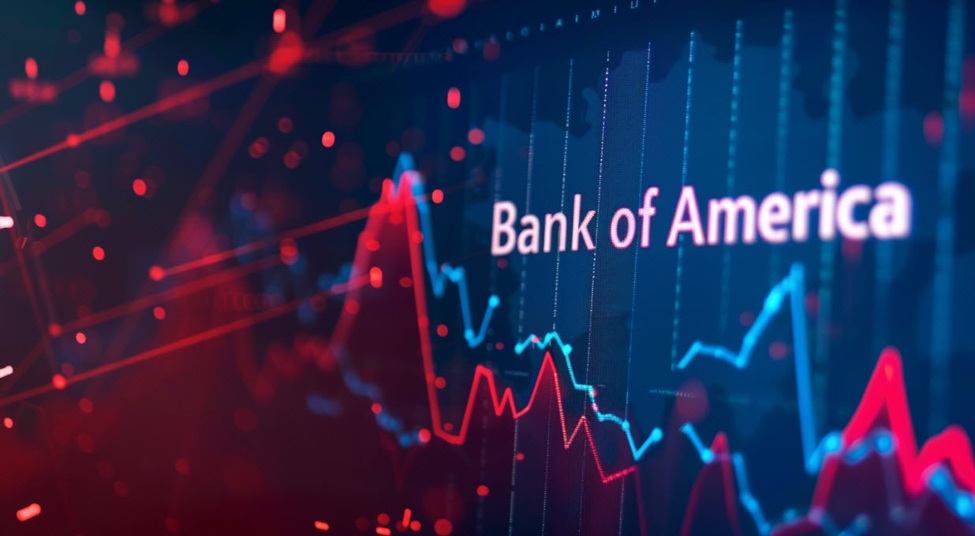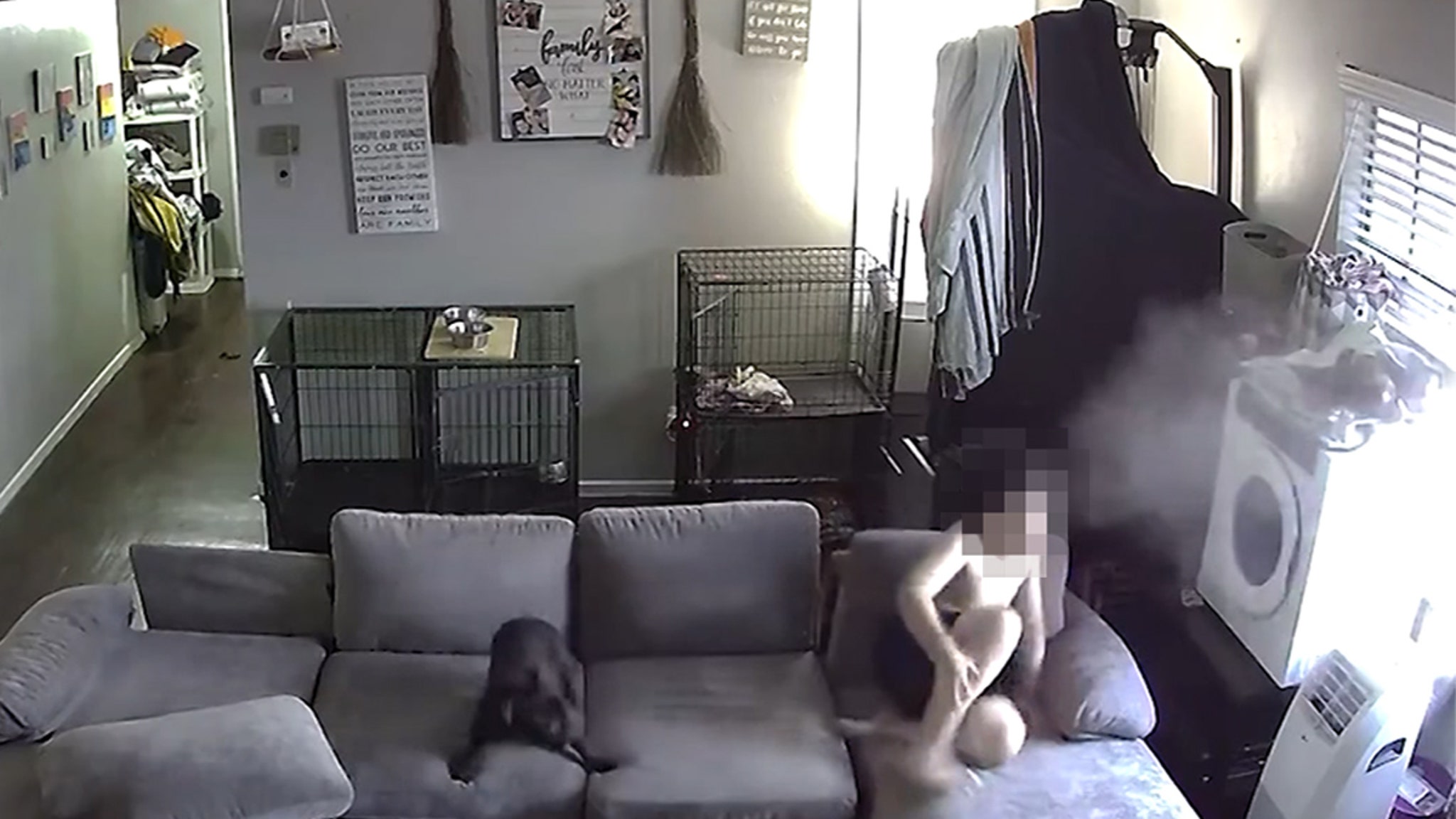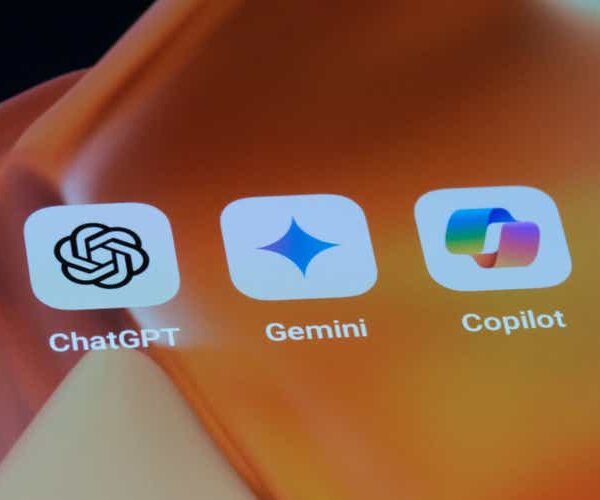

Buy-now, pay-later business Klarna has turned heads by admitting that its in-house lawyers regularly use ChatGPT to draft contracts.
The Swedish payments firm, which is in talks for a $20 billion IPO, told London’s City A.M. that nine in ten of its employees use AI on a regular basis.
That may not sound so unusual. Plenty of businesses have used generative AI since large language models found widespread commercial application nearly two years ago.
But it’s nonetheless surprising to hear a company admit that it uses the tools for such sensitive work, given the propensity of large language models to produce sometimes wildly factually inaccurate ‘hallucinations’.
Rookie lawyer Zachariah Crabill was fired from a law firm in Colorado Springs last year for using ChatGPT to write motions, for example, when it was discovered that the chatbot cited bogus case law.
In Klarna’s case, the tool in question is the more security-friendly ChatGPT Enterprise, and the company did point out that its lawyers only used it for first—not final—drafts.
Klarna’s senior managing legal counsel Selma Bogren explained the company’s logic. “The big law firms have had a really great business just from providing templates for common types of contract. But ChatGPT is even better than a template because you can create something quite bespoke,” she told City A.M.
“Instead of spending an hour starting a contract from scratch or working from a template, I can tweak a ChatGPT draft in about ten minutes. You still need to adapt it to make it work for your particular case but instead of an hour you can draft a contract in ten minutes.”
The idea is that the fintech’s in-house lawyers will have more time to do higher value work, which presumably involves careful editing of those initial drafts.
Why talk about it?
Not every business is quite so warm in its embrace of the technology. A recent Gallup poll of chief HR officers suggests that 44% aren’t even aware of whether or how often their employees use AI.
Klarna clearly isn’t one of them, and it’s perhaps unsurprising that firms that do have a strategy for using generative AI are more open to talking about it.
And that goes doubly for self-styled disrupters with an interest in convincing investors that they will be persistently profitable as a public company.
Indeed, it’s notable that Klarna has also gone on the record about how AI is now doing the job of 700 employees, which would represent a significant cost saving for a business of its size.
What does this mean for lawyers?
It’s been clear that the legal profession would be among those impacted by generative AI ever since ChatGPT-4 passed the Uniform Bar Exam early last year.
Lawyers concerned that their contract drafting days are over may be worrying prematurely, however, at least if the amount they are paid is anything to go by.
Starting salaries for newly qualified lawyers at several elite law firms in London were recently reported to be in excess of £180,000 ($226,800), suggesting all those years of legal education are still rather in demand.















